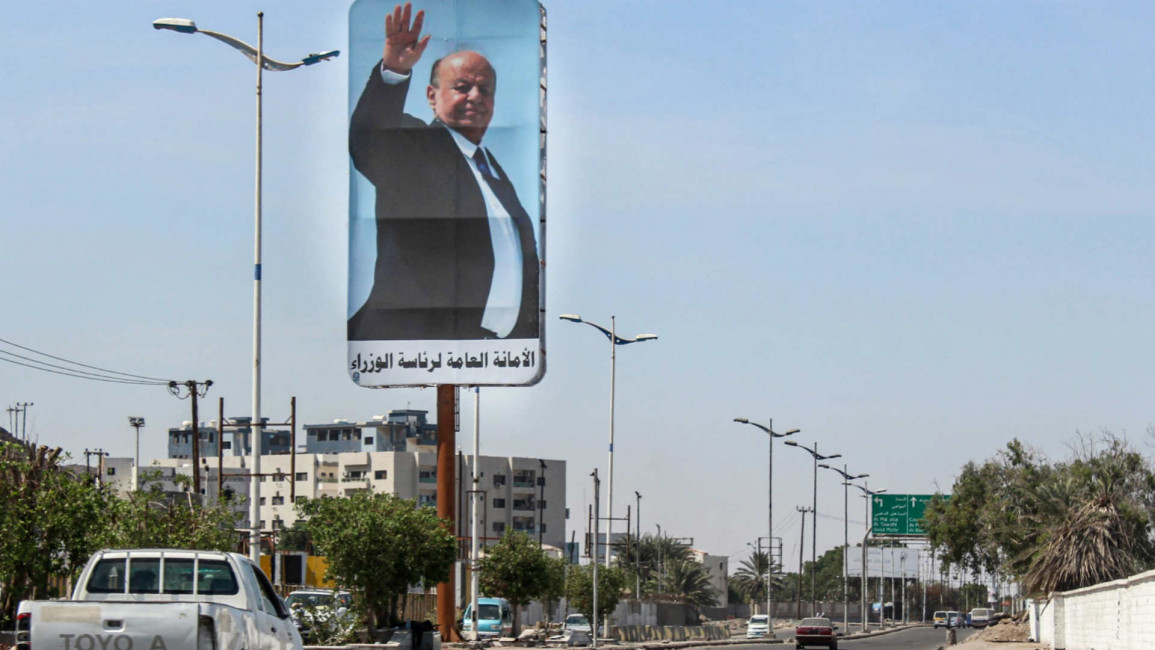Yemen foreign ministry resumes operations in Aden following Riyadh agreement
The foreign ministry will become the first government department to resume its operations in the southern port city since August, when all ministries were suspended due to the outbreak of fighting between government forces and the UAE-backed STC.
In a statement, the foreign ministry said the relaunch of its operations in Aden comes at the direction of President Hadi, as part of the Saudi-brokered Riyadh Agreement signed on Tuesday in a bid to end the north-south rift that has escalated during the country's war.
The deal sees the STC given control of a number of ministries and 50 percent of posts in the country’s cabinet, after years of discontentment in the south.
The crisis of infighting heightened in August after separatists led a coup against the Saudi-backed Hadi government, taking military control of Aden and prompting clashes which saw dozens killed and injured from both sides.
The Yemeni government accused Abu Dhabi of being behind what it called an "insurgency."
 |
|
| Click to enlarge |
Security Belt Forces - dominated by the STC - in August took control of Aden, which had served as the beleaguered government's base since it was ousted by the Houthi rebels in 2014.
The clashes between the separatists and government forces, who for years fought on the same side against the Houthis, had raised fears the country could split into two entities.
Comment: UAE's true ambitions in Yemen take another blow
The STC then expelled internally-displaced Yemenis from the north of the country seeking refuge from the ongoing violence.
"We do believe among those migrating south there are some planted by certain political groups", Mohamed Alsahimi, deputy head of the STC's UK office told The New Arab at the time - accusing some refugees being planted to instigate instability in the country’s south.
The warring factions in recent weeks held indirect talks mediated by Saudi Arabia in the kingdom's western city of Jeddah, which culminated in the deal signed in Riyadh.
Follow us on Twitter and Instagram to stay connected



